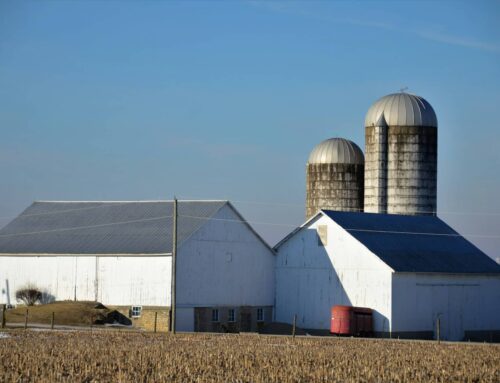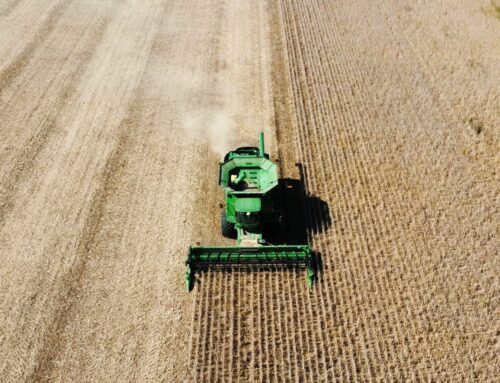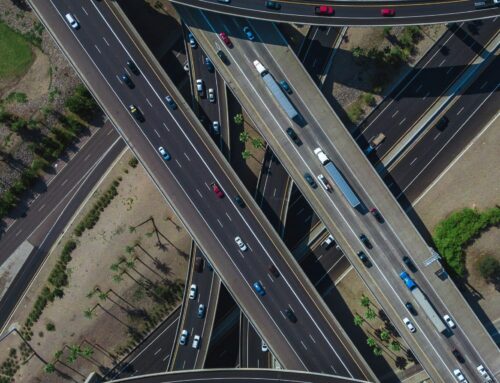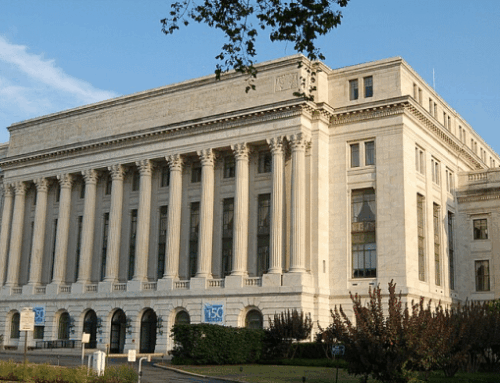The most recent Congressional Budget Office (CBO) score of the Senate Agriculture Committee’s $955 billion farm bill continues to show the old bulls in Washington doing everything they can to resist deficit reduction.
Last year we saw the Agriculture Committees peddling their trillion dollar bills—which history shows us will likely cost much more than predicted—as “deficit reduction.” In reality, they took every opportunity to cut as little as possible. Accidentally saving too much, they added $1.1 billion of additional spending on pet projects during their Committee mark up. After going to the Senate floor, $500 million more was tacked on. And once the CBO scored the bill for this Congress, turns out it really only saved $13 billion.
The bill scheduled to be on the Senate floor tomorrow continues us on that path:
- The bill promises to cut spending, by first increasing spending by $800 million in 2014.
- Two-thirds of the $17.8 billion in “savings” occur after 2018 when this five-year farm bill expires and is replaced with a new subsidy-filled farm bill. Only $5.6 billion is cut between 2014-2018.
- More than half the potential $50 billion in savings found from cutting discredited ACRE, direct, and Counter-Cyclical payments, is squandered on new “shallow loss” business income entitlements and government mandated minimum prices.
- If all optional programs – or discretionary programs as they’re known in Washington – are funded throughout the life of the farm bill, they would COST taxpayers an additional $40 billion (since CBO normally only provides an estimate of mandatory spending, these two are listed separately). Together, the Senate farm bill’s mandatory and discretionary programs would COST taxpayers $22 billion MORE over ten years.
With taxpayers saddled with $17 trillion in debt, sequestration in full force, and a nearly $650 billion deficit predicted for this year, the Agriculture Committees need to do more, not less. Taxpayers must demand their Senators get serious about reining in spending instead of circling the wagons to resist making government work at reducing our deficit.










